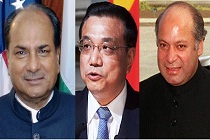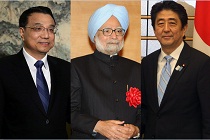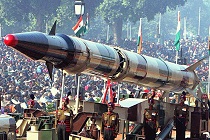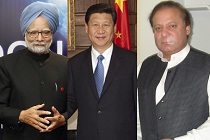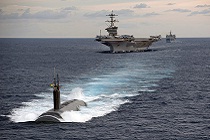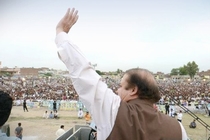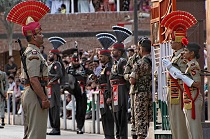Convergence and divergence in Beijing
Both Indian Defence Minister A.K. Antony and Pakistani Prime Minister Nawaz Sharif visit China this week. However, their objectives are different. Antony visits China to bring up security issues in the aftermath of the Depsang incursion, while Sharif makes his visit in hope of bettering his flailing economy

